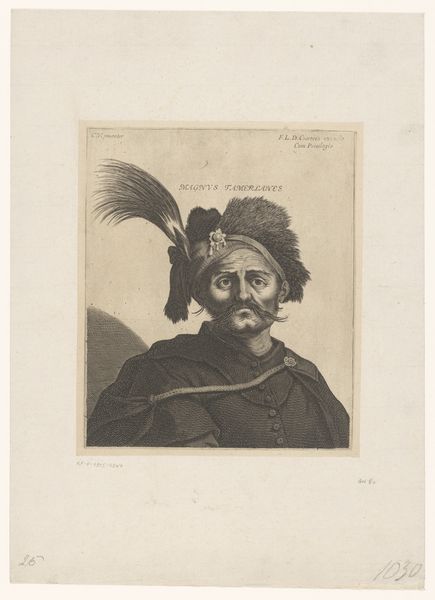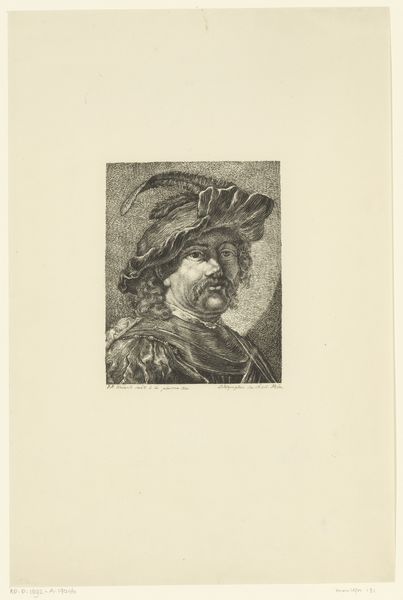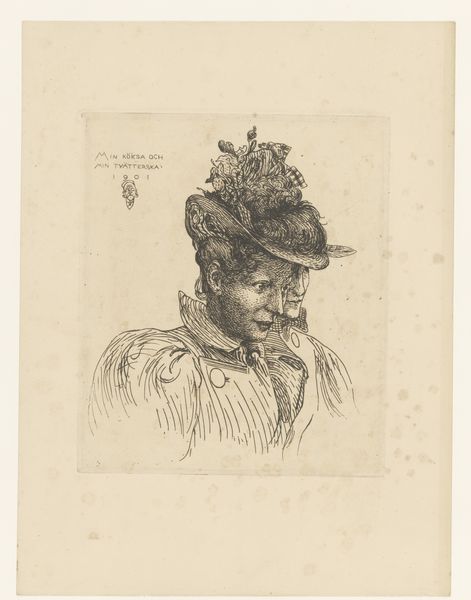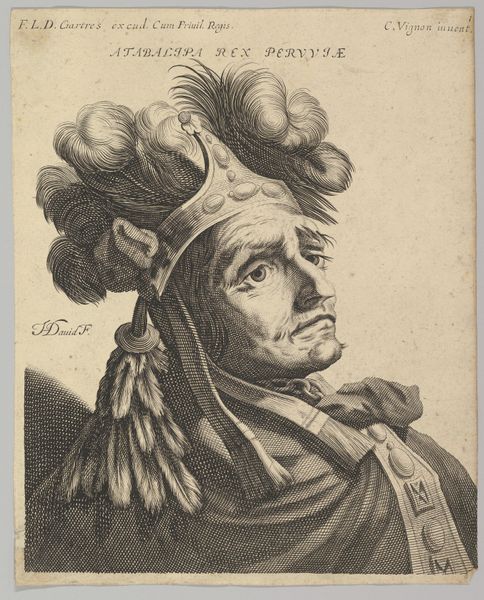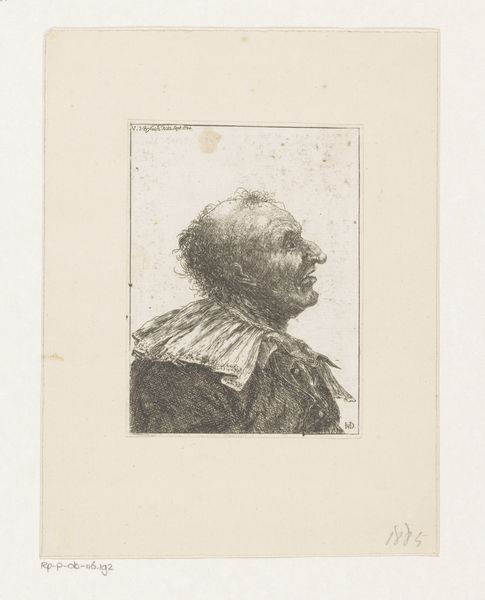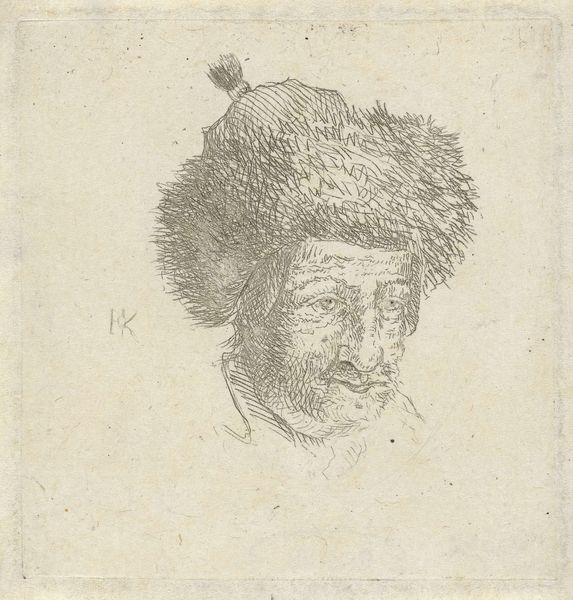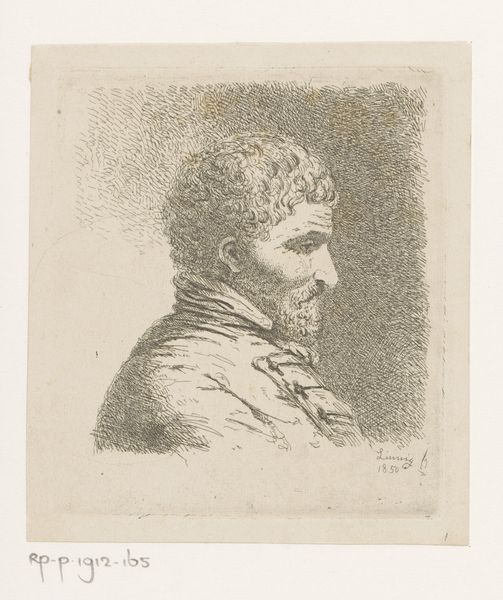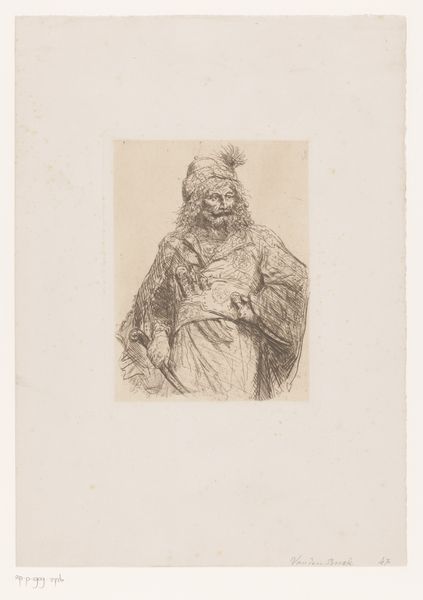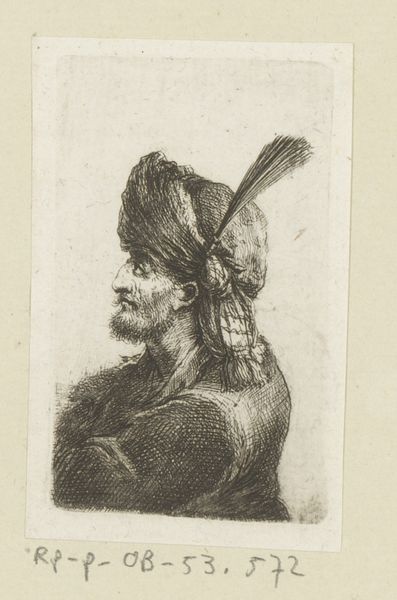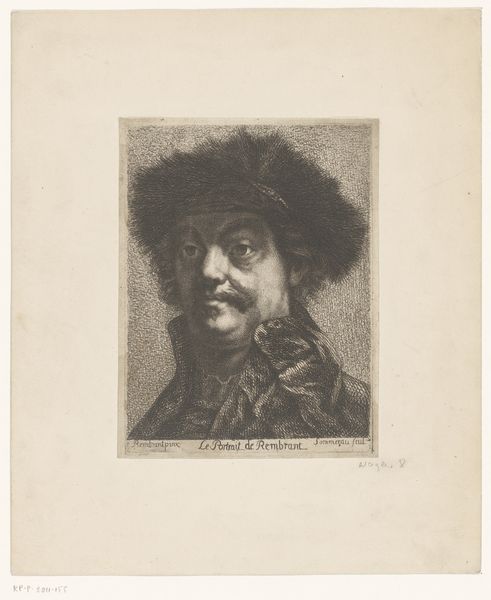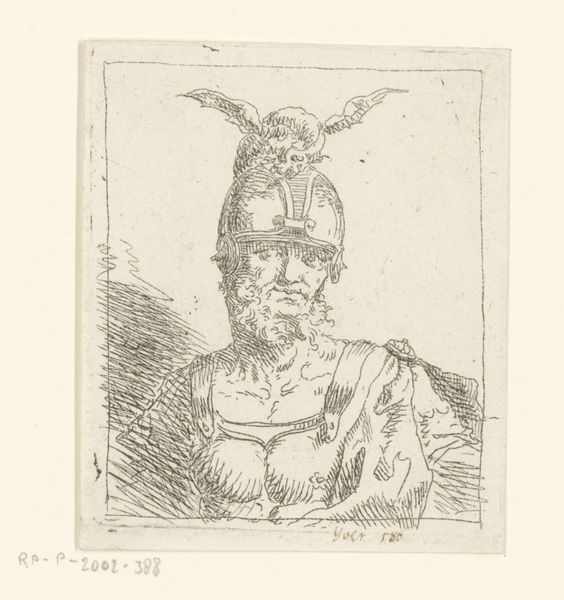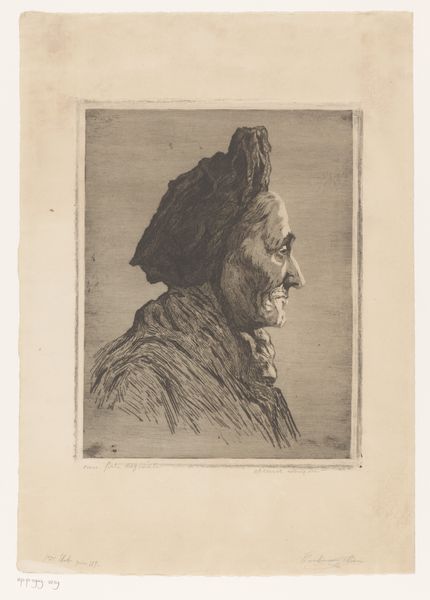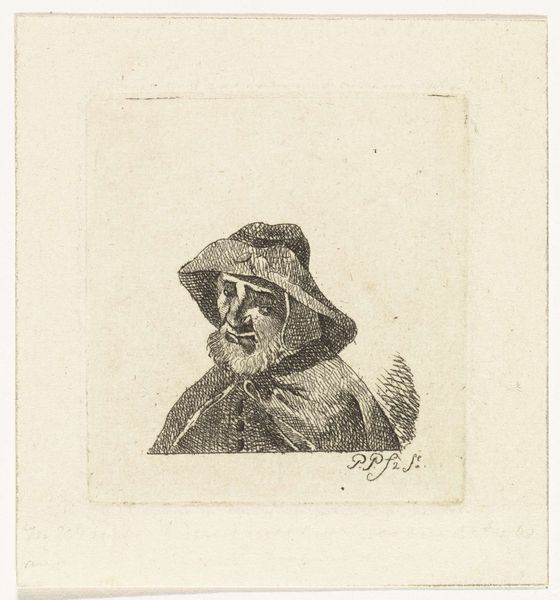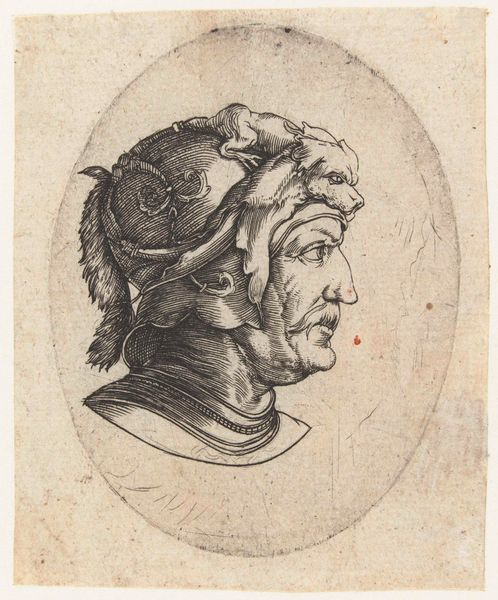
print, engraving
#
portrait
#
baroque
# print
#
figuration
#
form
#
chiaroscuro
#
line
#
history-painting
#
engraving
Dimensions: height 217 mm, width 180 mm
Copyright: Rijks Museum: Open Domain
Jerôme David created this engraving of Attila in the 17th century. David, living in an era of European expansion and encounters with diverse cultures, would have been influenced by growing interest in historical figures, filtered through a Western lens. Here, Attila, the leader of the Huns, is portrayed with horns and a crown, an image that reflects both power and barbarity, seen through a Western European gaze. The inscription "ATHILA FLAGELLVM DEI", translates to "Attila, Scourge of God", highlights the perception of Attila as a punitive force. David’s image plays into the fear of the ‘other,’ reinforcing stereotypes. The detailed armor contrasts with the fantastical, almost demonic, crown, presenting a dichotomy between civilization and savagery. This image might evoke questions about cultural bias, and the emotional impact of historical narratives on contemporary perceptions of identity and power. How do we grapple with such representations today?
Comments
No comments
Be the first to comment and join the conversation on the ultimate creative platform.
